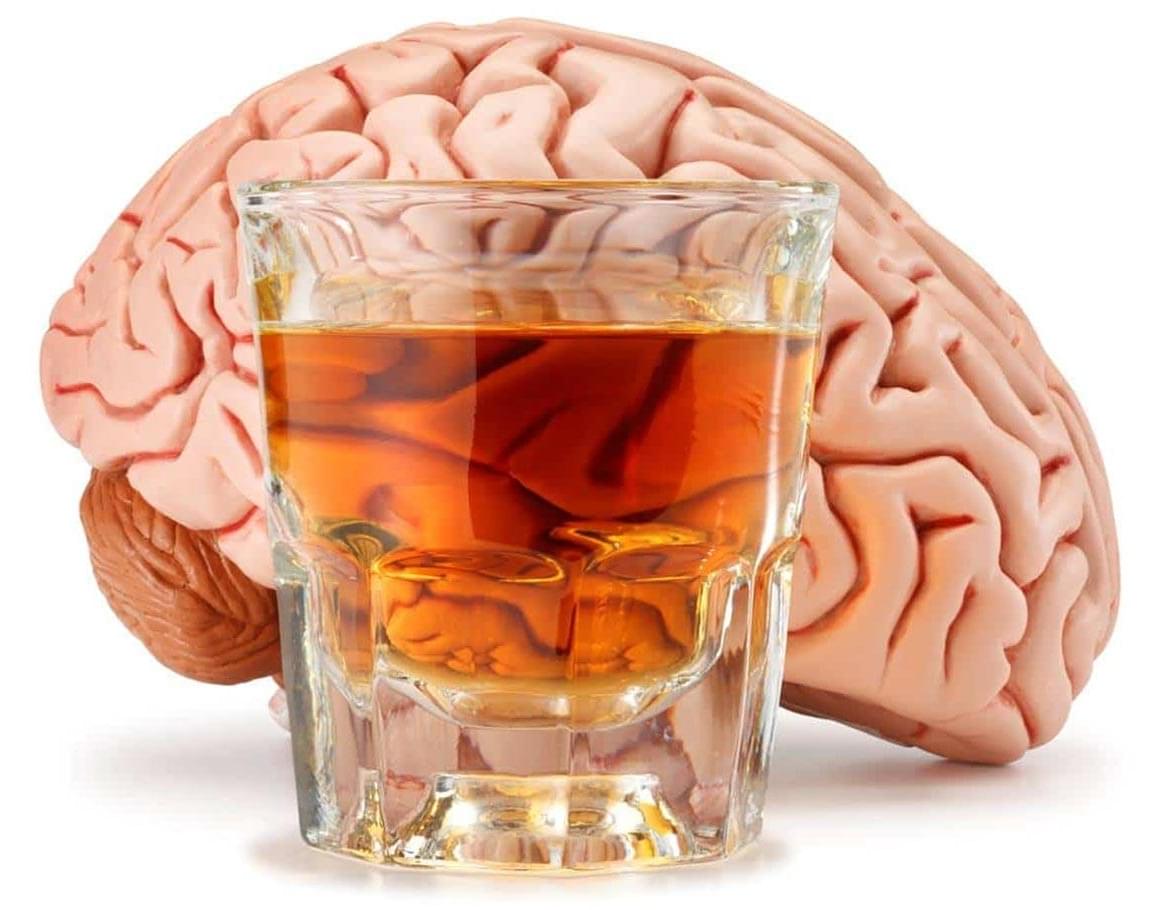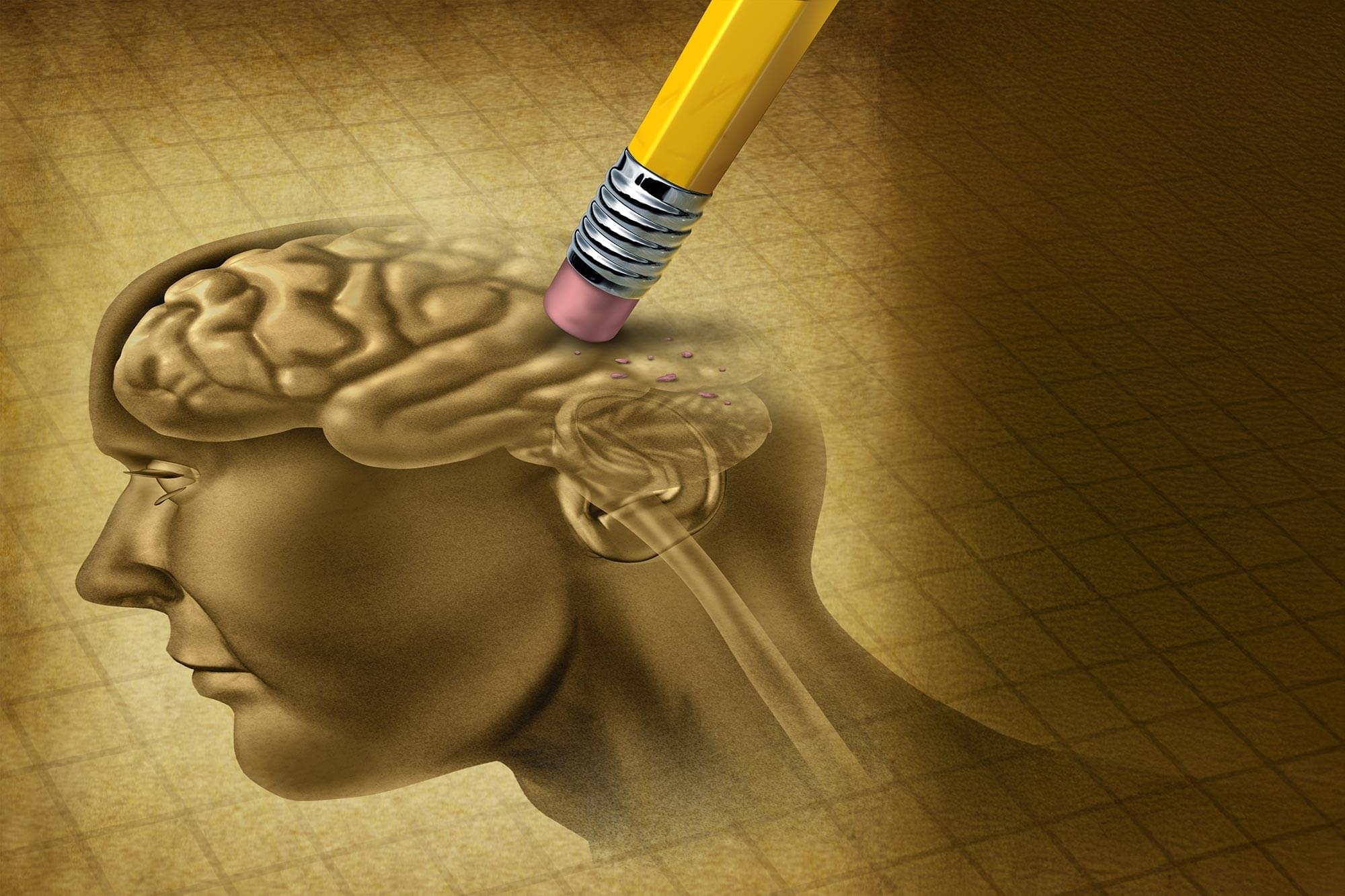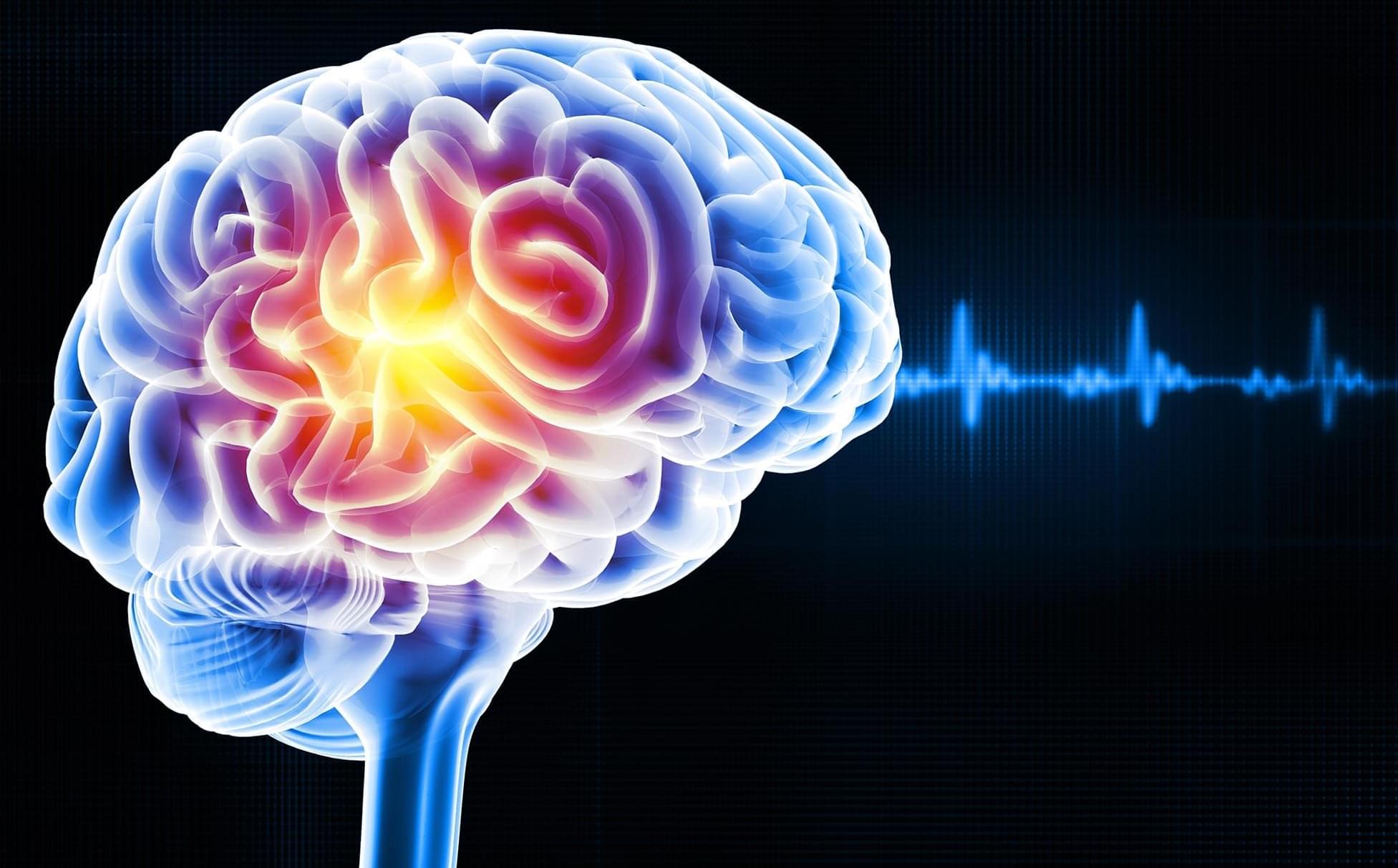Background and ObjectivesSYNE1 deficiency is an autosomal recessive disorder with a broad phenotypic spectrum, most commonly presenting as adult-onset cerebellar ataxia with or without motor neuron dysfunction. We aimed to expand this spectrum by…
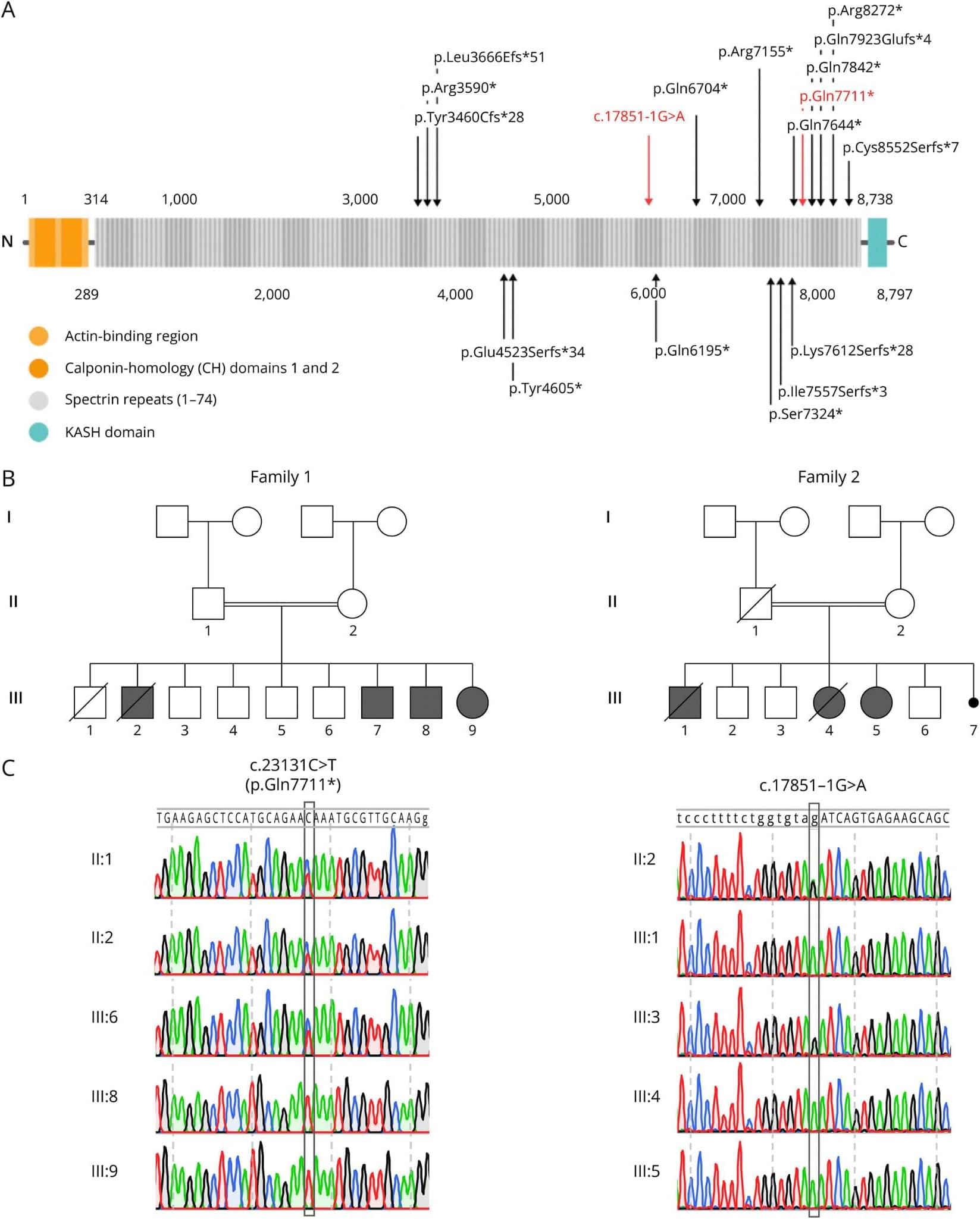

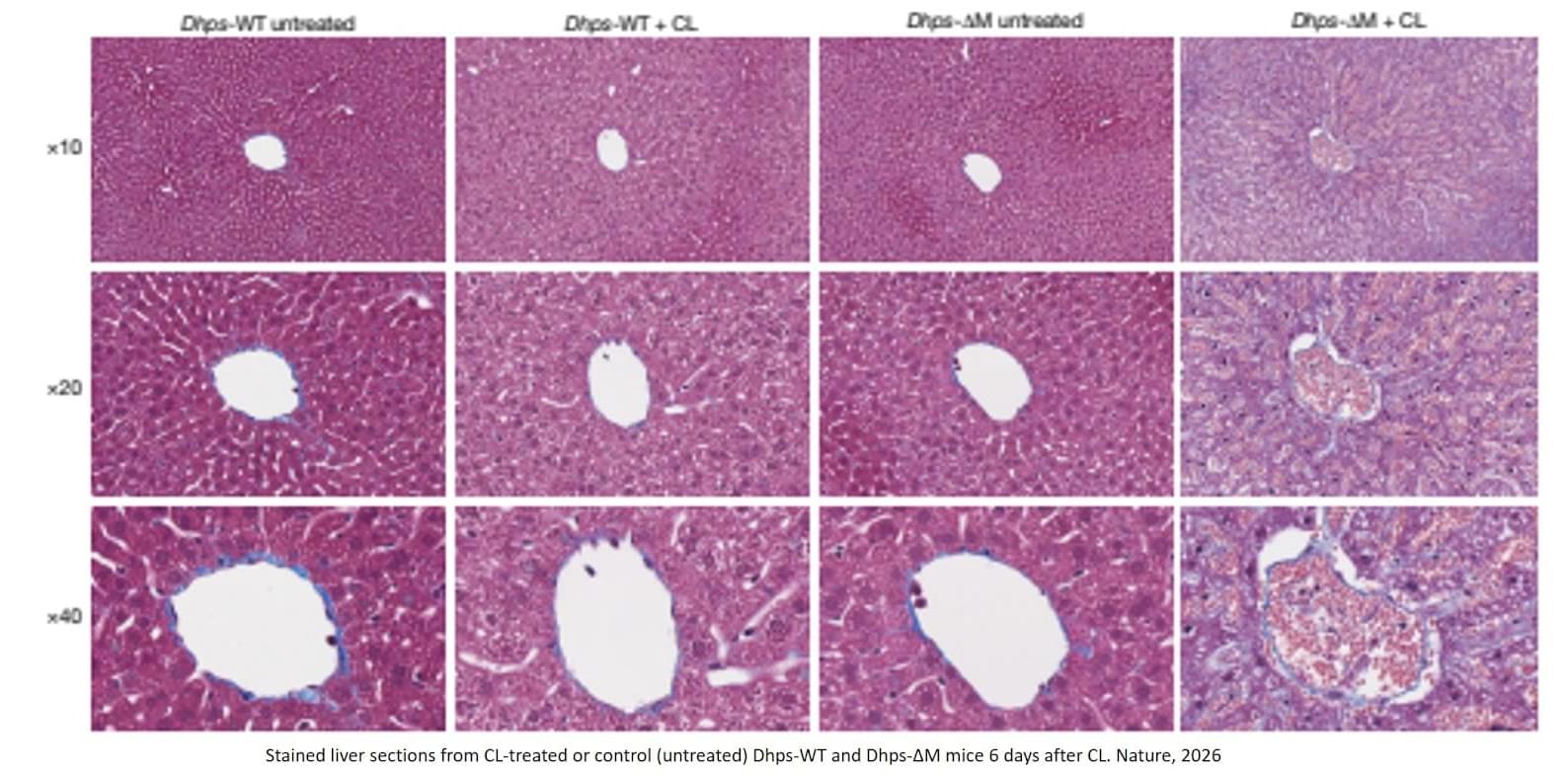
A new study found that an enzyme involved in protein translation is essential for circulating immune cells, called monocytes, to mature into tissue-resident macrophages, a specialized population of immune cells that maintain organ health by clearing dead cells and debris. Without this enzyme, monocytes enter tissues but fail to fully differentiate, leading to impaired tissue maintenance and persistent immune cell infiltration that causes inflammation instead of repair.
The research, published in Nature, showed that deoxyhypusine synthase (DHPS) is required for both the differentiation and long-term survival of macrophages across multiple organs, including the lung, liver, brain, kidney, heart and peritoneal cavity.
Using a series of mouse models, the investigators demonstrated that DHPS controls a core, tissue-agnostic program that enables macrophages to adhere to their local environment, interact with surrounding cells and carry out the essential functions that maintain tissue balance and organ health.
The researchers traced these defects to the polyamine–hypusine pathway. Analyses of gene activity, protein production and protein-making machinery revealed that DHPS is required for efficient translation of a subset of genes involved in cell adhesion (the ability to stick to their surroundings and to other cells so they can stay in the correct place and function properly), signaling, and tissue interaction. Without DHPS, macrophages failed to express key proteins needed to anchor themselves within tissues and respond appropriately to local cues.
Imaging studies showed that DHPS-deficient macrophages had abnormal shape and positioning within tissues, while functional assays demonstrated defects in the clearance of dead cells and tissue maintenance. In the lung, this impairment led to accumulation of surfactant material, a substance in the lungs that keeps air sacs open, and immune cell infiltration, while in the liver, acute macrophage depletion followed by failed restoration resulted in vascular disruption and tissue damage. sciencenewshighlights ScienceMission.

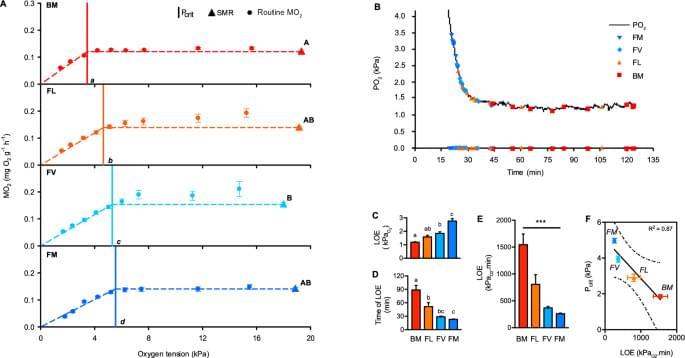
At the terminus of the O2 cascade, mitochondria play an important role in O2 utilisation and energy conservation, with adaptive modifications occasionally shared among hypoxia-tolerant species. Here, we sought to determine whether mitochondrial adaptations in brain tissue explain the hypoxia tolerance of New Zealand triplefin fishes (Tripterygiidae). We compared two intertidal species (Bellapiscis medius and Forsterygion lapillum), both likely adapted to hypoxia-reoxygenation exposures, and two subtidal species (F. varium and F. malcomi), which inhabit normoxic waters. To assess hypoxia tolerance, we determined loss of equilibrium (LOE) during hypoxia exposure and measured the critical O2 tension (Pcrit). Intertidal species displayed superior hypoxia tolerance as assessed by LOE and also had lower Pcrit (LOE versus Pcrit R2 = 0.99).
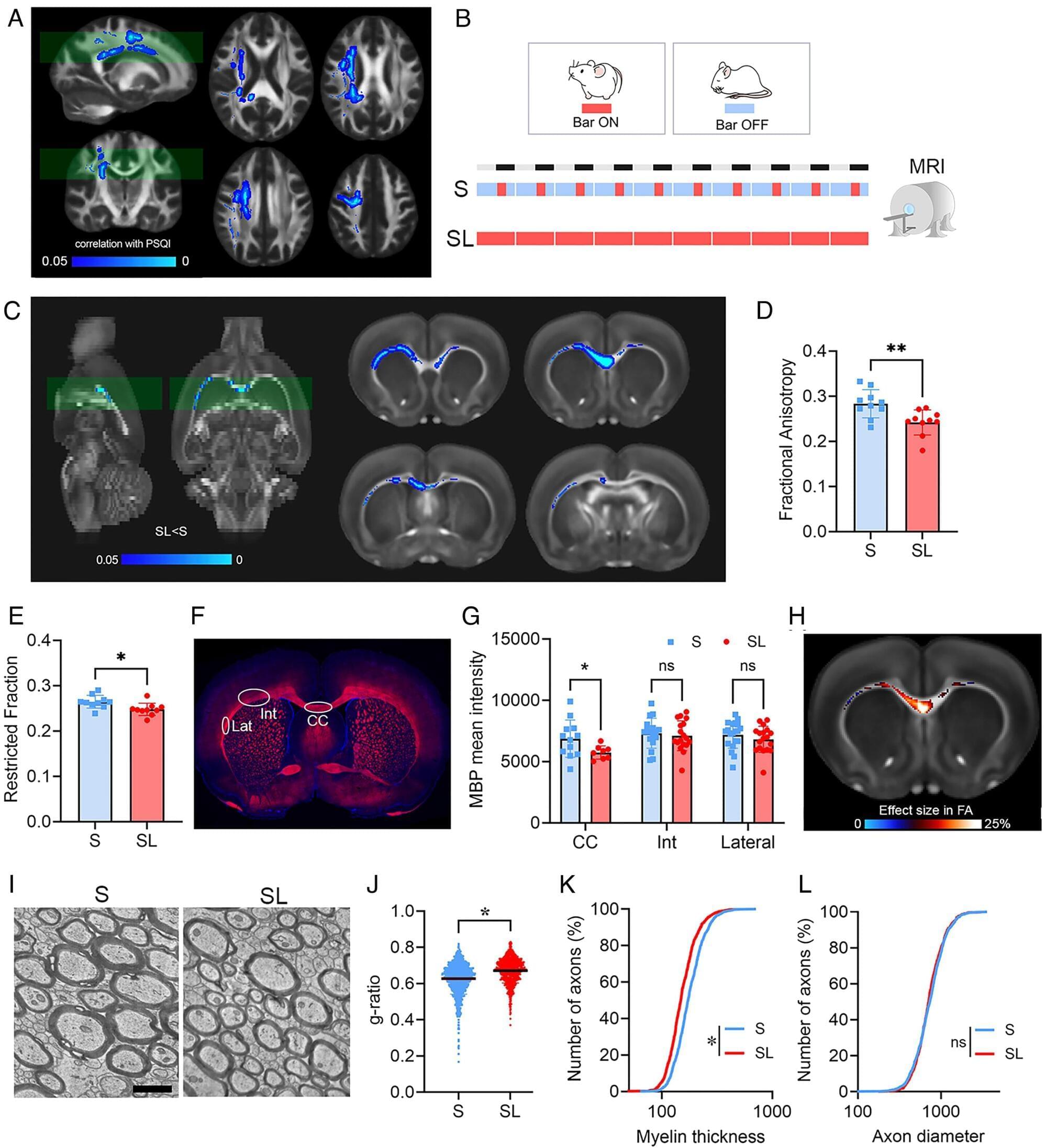
Sleep loss damages the fatty insulation protecting the nerve cells in our brain, according to a paper published in the journal Proceedings of the National Academy of Sciences. The research also explains why we often feel slow and groggy after a bad night’s sleep.
Most of us will experience sleep loss at one time or another and suffer the consequences of tiredness and slower reactions the next day. The biological mechanisms for these are not well understood and often attributed to tired or overworked neurons. Researchers led by scientists at the University of Camerino in Italy thought there might be other factors at play, so they decided to investigate.
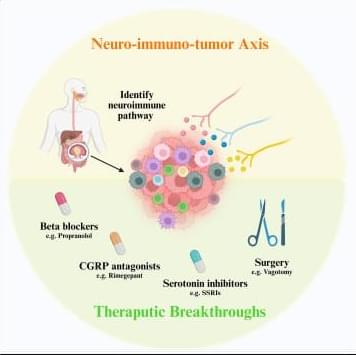
Targeting the neuro-immuno-tumor axis in GI cancer👇
✅Recent advances in cancer biology highlight the neuro-immuno-tumor axis as a critical regulatory network within the gastrointestinal (GI) tumor microenvironment (TME). Tumors are closely innervated, and neural signals actively shape immune cell behavior, influencing disease progression and therapeutic response.
✅A key first step toward translational impact is the identification of dominant neuroimmune pathways operating in GI cancers. Understanding how neural inputs interact with tumor cells and infiltrating immune populations provides a mechanistic framework for disrupting pro-tumor signaling circuits.
✅Pharmacological strategies offer promising opportunities for therapeutic repurposing. β-blockers such as propranolol can attenuate stress-related adrenergic signaling, while CGRP antagonists like rimegepant target nociceptor-derived immunosuppressive cues. In parallel, serotonin inhibitors, including selective serotonin reuptake inhibitors (SSRIs), may modulate enteric and immune signaling to rebalance anti-tumor immunity.
✅Beyond drug-based approaches, surgical interventions such as vagotomy illustrate how physical disruption of neural inputs can reshape the tumor ecosystem. These strategies underscore the concept that nerves are not passive bystanders, but active drivers of tumor–immune interactions.
✅Together, these insights position the neuro-immuno-tumor axis as a powerful and underexplored therapeutic target. By integrating neurobiology with cancer immunology, future treatments may unlock more effective and durable anti-tumor responses in GI cancers.
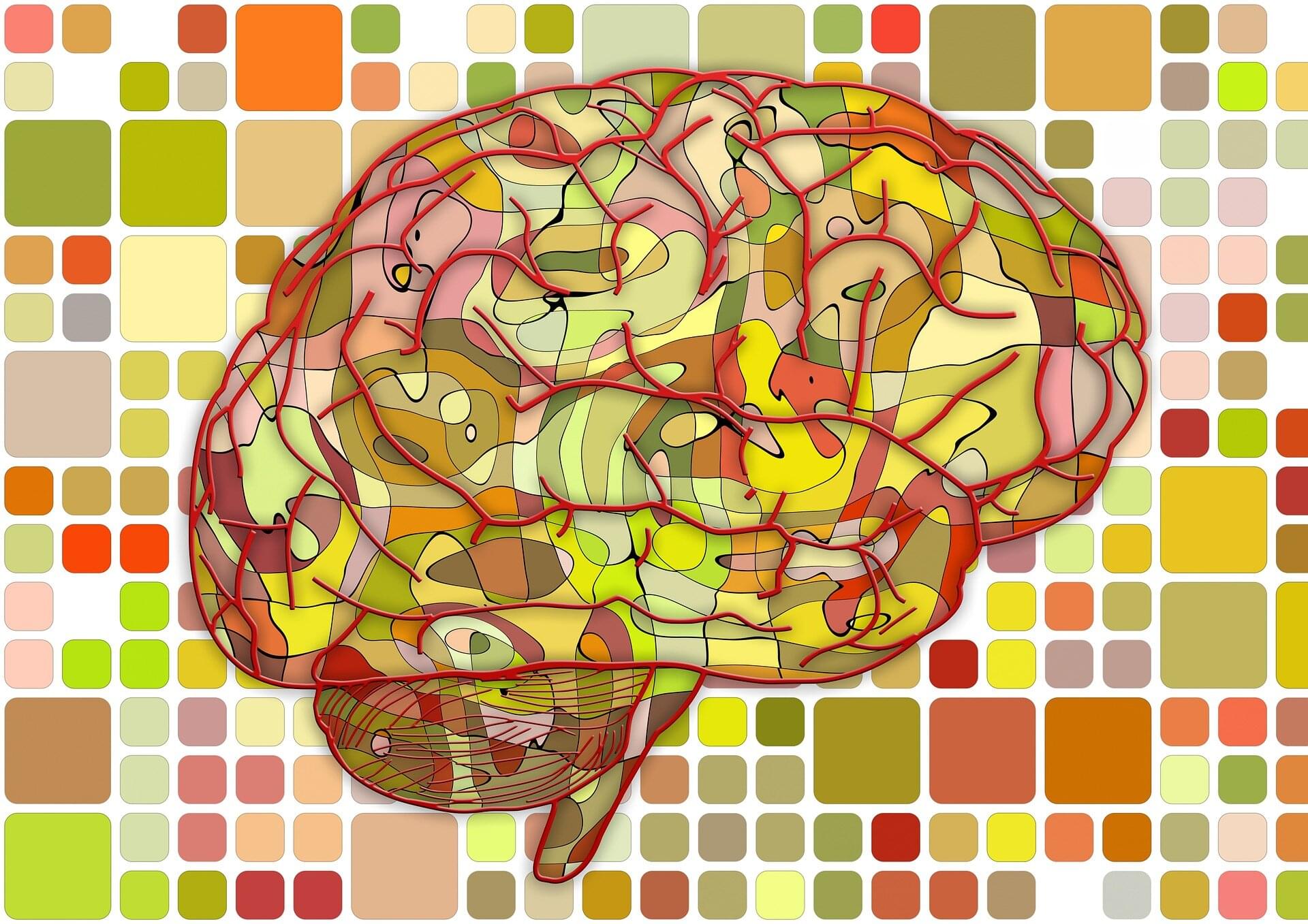
An interdisciplinary multi-center research team led by the LKS Faculty of Medicine (HKUMed) and Faculty of Dentistry at the University of Hong Kong has constructed the world’s largest multi-omics atlas of brain metastases. This comprehensive analysis included 1,032 brain metastasis samples from diverse primary tumors, together with 82 matched primary tumors and 20 glioblastomas (a highly malignant type of brain tumor) as controls.
The findings provide a novel framework for classifying brain metastases and establish a foundation for the development of personalized treatment strategies, advancing the field of precision oncology. This research was published in the journal Nature Communications.
